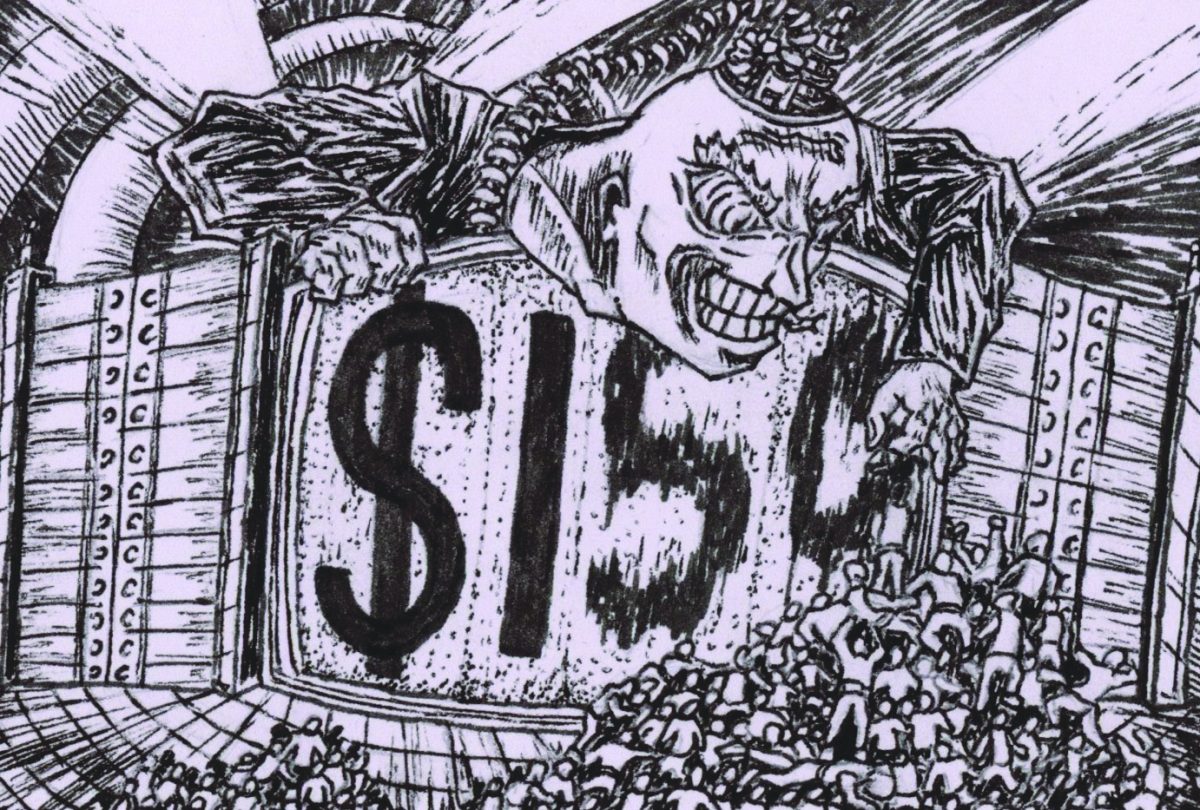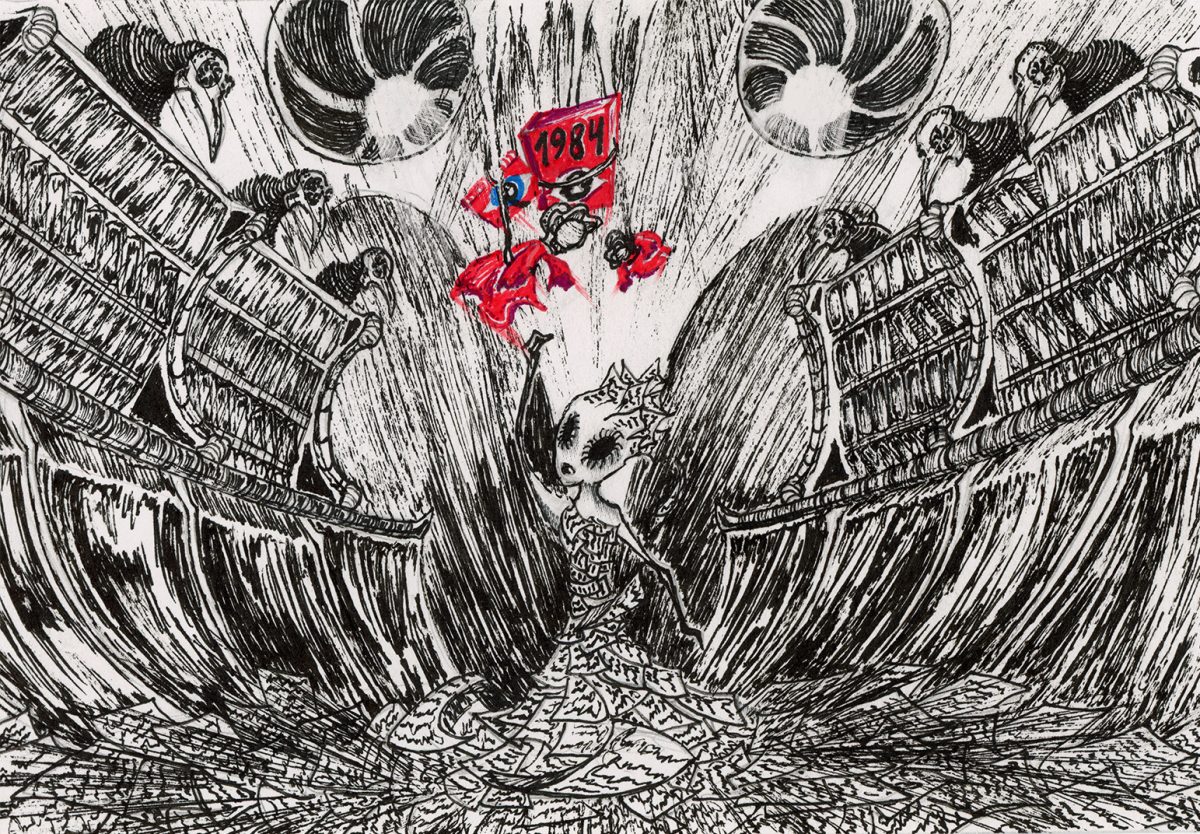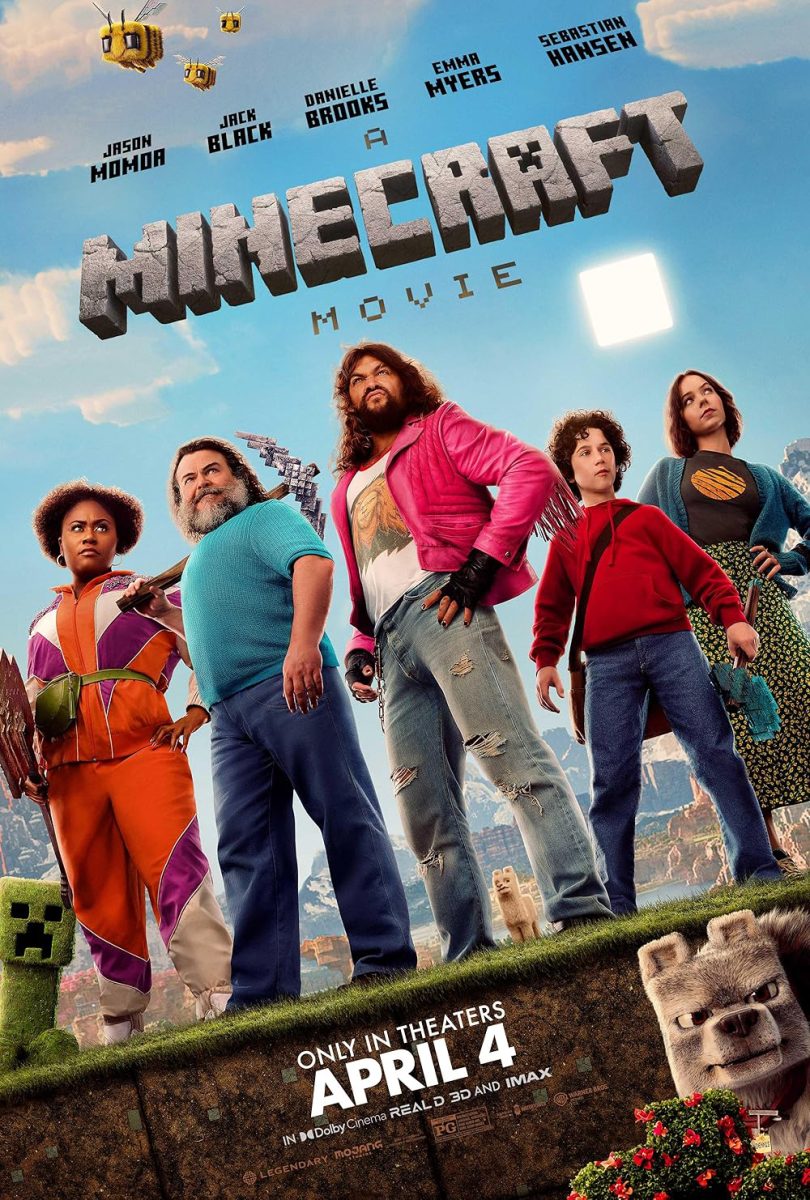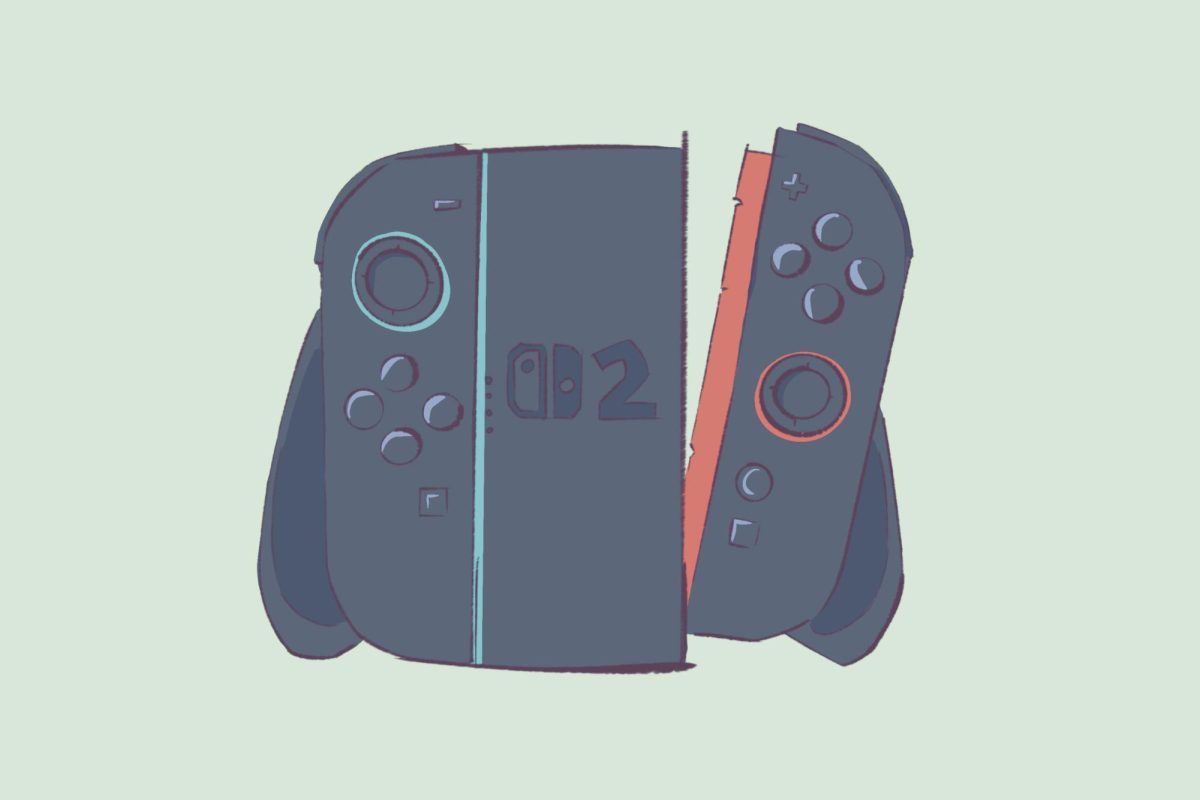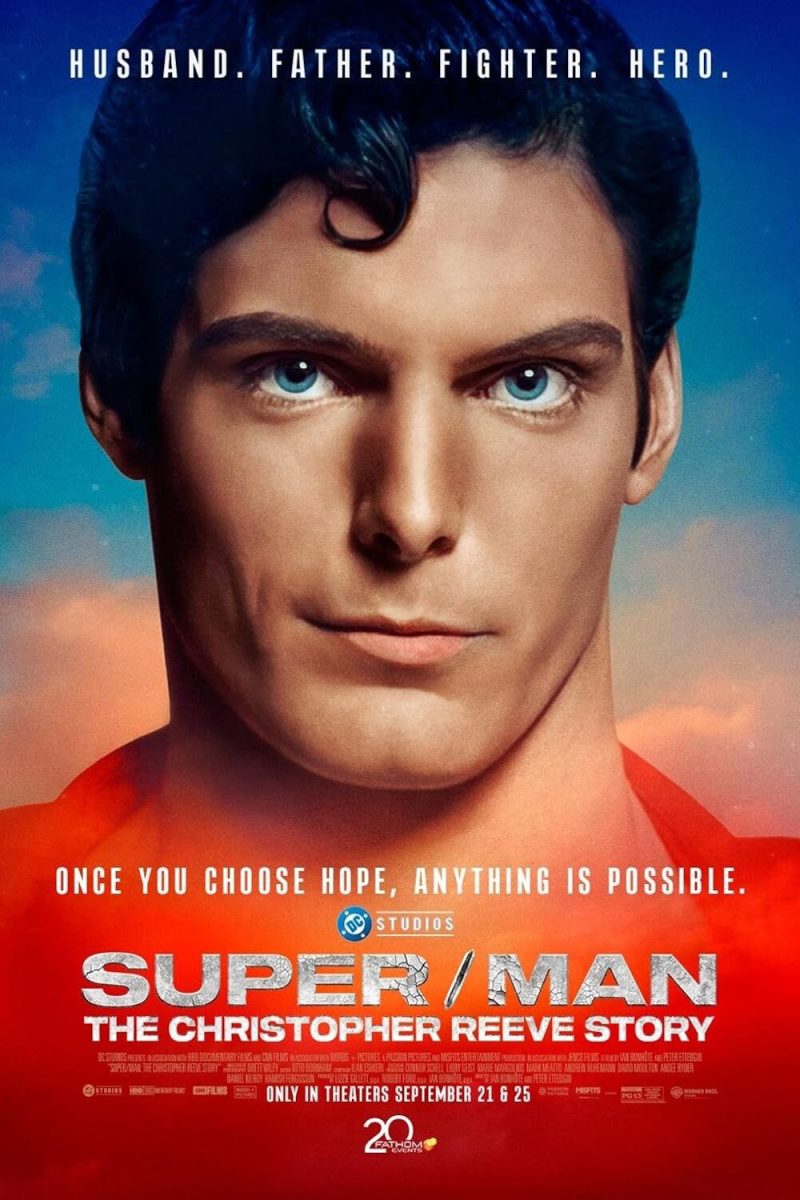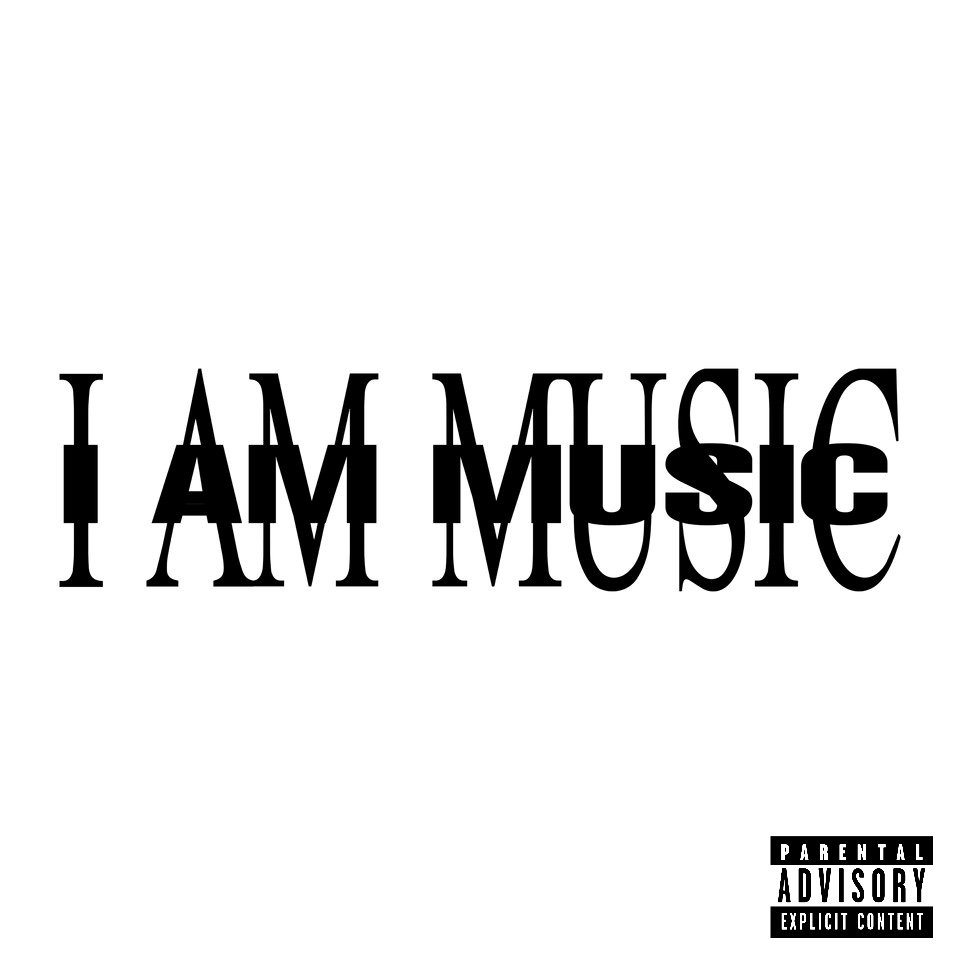Back in December, two bands that I love (Pierce The Veil and Sleeping With Sirens) announced a joint tour. I waited in the online queue for over half an hour, determined to get seats as close as possible. Though I was able to secure tickets, I practically heard my bank account sigh after the transaction went through.
SRUTINY
Throughout the past few years, Ticketmaster has come under an immense amount of scrutiny for their usage of dynamic pricing with concerts. Meaning, if the site detects an active rise in demand, a $50 ticket – for example – could end up being displayed as $150 or often more. While one could argue that this is simply basic supply and demand, upcharging consumers by a ridiculous amount makes it increasingly difficult for fans to get tickets to see artists they love. In no world should a $90 ticket turn into $300 or more in the name of demand.
ENOUGH IS ENOUGH
In addition to the company raising ticket prices, the price a consumer sees when they initially click on a seat in the venue is the price without the site’s own service fees. Ticketmaster’s service fees can vary depending on the event, but, according to The Guardian, prices can go up to as high as 75% of the price of the ticket. In my own experience, I’ve had service fees ranging from about 42-50% of how much my original ticket would have cost. Meaning the $200 ticket you think you are buying may actually wind up to be somewhere in between $250-350 once you’re checking out.
Buying concert tickets already feels like a competition, as you’re racing against thousands of eager buyers for the cheapest and best seats. With all these “hidden” fees in addition to raising ticket prices an absurd amount, fans like myself have found the process of buying concert tickets to be even more miserable and tedious – especially because Ticketmaster is the largest service provider for tickets and is often unavoidable when buying tickets to an event.
GROWING CONCERNS
With a rising amount of concern over the company’s methods, including having partnerships with venues sometimes, a lawsuit was filed last May by the Department of Justice against Ticketmaster and its parent company Live Nation for concerns of them monopolizing the concert industry market. According to Yale University, Ticketmaster has controlled over 80% of the ticket market for live concerts since 1995. Ticketmaster argues that they are simply refusing to do business with competitors and that by allowing more competition they would be harming consumers. However, as a concertgoer, I disagree. I follow a lot of artists/musicians and every time without fail, Ticketmaster is used as the primary ticketing service provider. The only times I didn’t directly use Ticketmaster have been when I’d find a slightly cheaper price on sites such as Seat Geek – in which case the tickets still get transferred to me through Ticketmaster since it’s still the main service.
Ticketmaster has come under fire time after time over the same issues – whether its price gouging, not being upfront with service fees or having a hold over the majority of the market for live events. Even if they are found to not be a monopoly, it is still clear something needs to be done.
There is a popular clip of Nirvana singer Kurt Cobain reacting to Madonna’s concert ticket being $50 in 1993, in which he is surprised to see someone charging so much. The average price of a concert ticket in the ’90s was about $30, according to Loudwire. Even factoring in inflation, that would make a ticket somewhere around $75 now.
FANS OVER PROFITS
Though circumstances change as time goes on, there is absolutely no reason that fans should be missing out on live concerts by artists they admire unless they drop around $200-500 on one ticket alone – and if they want to be up in the very front of the venue, they should expect to drop a grand. Ticketmaster should be selling tickets for the actual face value of the live concert without a severe increase in prices based on the demand and hidden fees. Without some sort of change to these current circumstances, fans will continue to be taken advantage of or will be forced to miss out and view their favorite artists from a screen instead of screaming their hearts out in an actual venue.


